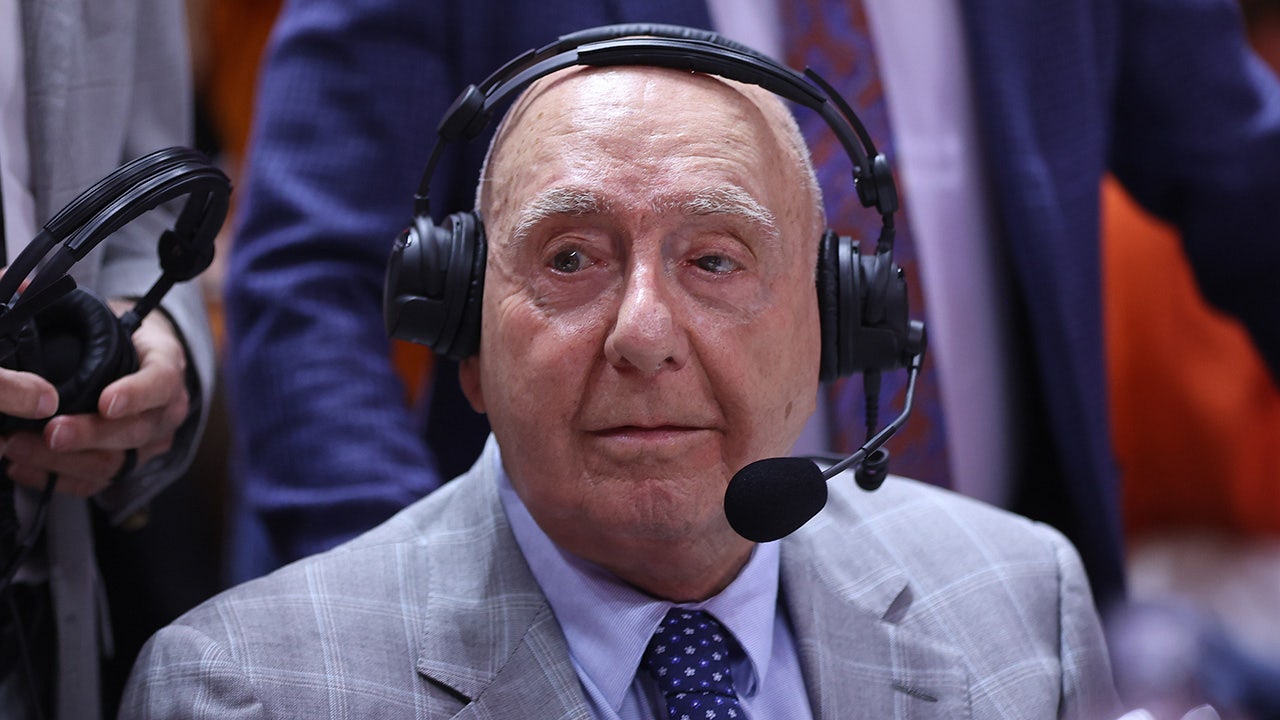College basketball: Dick Vitale says NIL, transfer portal are ‘a major problem’

College basketball is currently facing a significant challenge, according to veteran ESPN analyst Dick Vitale. In a recent appearance on OutKick’s “Don’t @ Me with Dan Dakich,” Vitale, 85, expressed his concerns about the state of the sport, particularly in relation to Name, Image, and Likeness (NIL) deals and the transfer portal.
Vitale described the current situation in college basketball as chaotic, with stability being thrown out of balance. He criticized the timing of the transfer portal opening, noting that over a thousand players entered in just one day. He emphasized that many players are now motivated by financial incentives, asking how much money they can make rather than focusing on their development as student-athletes.
The legendary coach highlighted a specific case where a player had transferred to four different schools, raising questions about the lack of regulations in place. Vitale called for stricter rules regarding the transfer portal and NIL deals, suggesting that contracts could help prevent rapid departures from programs.
While Vitale acknowledged the importance of players earning money through NIL deals, he expressed surprise at the magnitude of some of these deals. He noted that the influx of money in college basketball has tilted the playing field in favor of larger programs, making it difficult for mid-major teams to compete on equal footing.
Reflecting on his coaching days at the University of Detroit, Vitale speculated on how NIL deals could have impacted his team. He mentioned several NBA-caliber players who may have left for bigger programs if offered lucrative deals, highlighting the challenges faced by smaller schools in retaining top talent.
In conclusion, Vitale emphasized the need for a balance between allowing players to benefit from their image and likeness while maintaining the integrity and competitiveness of college basketball. His concerns shed light on the evolving landscape of the sport and the challenges it faces in adapting to the modern era of athlete compensation.




